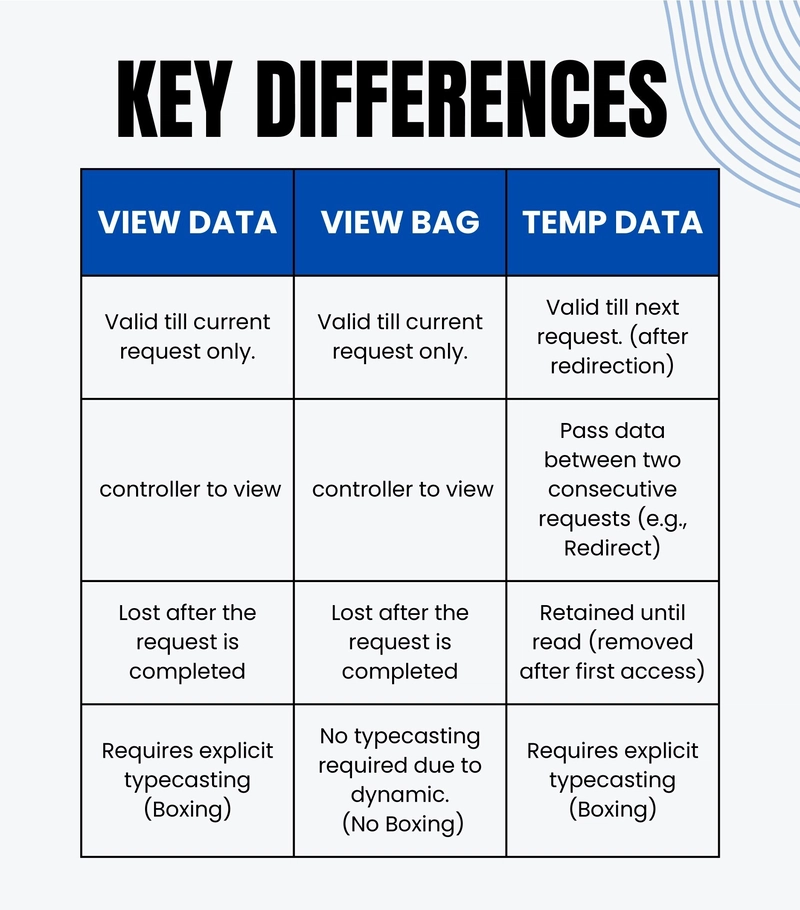Popular Python Library Vulnerability Exposes 43 million Installations to Code Execution Attacks
A recently disclosed vulnerability in the widely used Python JSON Logger library has exposed an estimated 43 million installations to potential remote code execution (RCE) attacks through a dependency chain flaw. Tracked as GHSA-wmxh-pxcx-9w24 and scoring 8.8/10 on the CVSS v3 severity scale, the vulnerability stems from an unregistered dependency (“msgspec-python313-pre”) that could have allowed […] The post Popular Python Library Vulnerability Exposes 43 million Installations to Code Execution Attacks appeared first on Cyber Security News.

A recently disclosed vulnerability in the widely used Python JSON Logger library has exposed an estimated 43 million installations to potential remote code execution (RCE) attacks through a dependency chain flaw.
Tracked as GHSA-wmxh-pxcx-9w24 and scoring 8.8/10 on the CVSS v3 severity scale, the vulnerability stems from an unregistered dependency (“msgspec-python313-pre”) that could have allowed attackers to hijack package installations.
Security researcher Omnigodz identified that attackers could have exploited this gap to execute arbitrary code on systems using affected versions (3.2.0 and 3.2.1) of the logging utility.
The maintainers released patched version 3.3.0 after the researcher responsibly disclosed the issue through GitHub’s security advisory process.
Critical Python Library Vulnerability
The vulnerability represents a textbook example of a dependency confusion attack, where attackers exploit gaps in software supply chains.
The Python JSON Logger’s pyproject.toml configuration file included an optional development dependency called msgspec-python313-pre designed for Python 3.13 compatibility.
However, this package name remained unregistered on PyPI after its original maintainer deleted it, creating a namespace vacuum.
As demonstrated in Omnigodz’s proof-of-concept research, any PyPI user could claim the abandoned package name and publish malicious code.
When developers installed the logger’s development dependencies via pip install python-json-logger[dev] in Python 3.13 environments, the package manager would automatically fetch the attacker-controlled msgspec-python313-pre if present in public repositories.
The researcher confirmed this attack path by temporarily registering a benign version of the package (v0.0.0.1), though no evidence suggests malicious exploitation occurred during the vulnerability window.
With over 46 million monthly downloads according to PyPI’s BigQuery metrics, Python JSON Logger’s widespread adoption amplified this vulnerability’s potential impact.
Successful exploitation would grant attackers full system control through RCE capabilities, compromising confidentiality, integrity, and availability per CVSS metrics.
The attack required minimal sophistication – merely publishing a malicious package to PyPI – but depended on victims using Python 3.13 with development dependencies enabled, a common configuration in CI/CD pipelines and developer workstations.
Notably, the vulnerability persisted despite a mitigation commit (1ce81a3) removing the problematic dependency from the project’s source code a month prior.
Because this fix hadn’t been included in an official PyPI release until version 3.3.0, all installations using standard package management workflows remained vulnerable.
This highlights the critical need for synchronizing repository updates with PyPI package releases in open-source maintenance cycles.
Mitigations
The Python JSON Logger maintainers addressed the vulnerability through two parallel measures:
- Releasing v3.3.0, which eliminates the msgspec-python313-pre dependency entirely.
- Coordinating with Omnigodz to transfer ownership of the disputed package name, effectively preventing namespace hijacking.
Security teams recommend the immediate upgrade to v3.3.0 using pip install –upgrade python-json-logger==3.3.0. Organizations unable to update immediately should audit their Python environments for:
“Developers must treat dependencies as attack surfaces,” Omnigodz noted in their conference paper.
“Optional dependencies in particular often fly under security scanners’ radars despite having full execution privileges.”
According to ESET’s 2025 Threat Report, supply chain attacks are increasing 78% year over year. This vulnerability underscores the Python ecosystem’s ongoing challenges in balancing usability and security.
While no data breaches have been linked to this specific flaw, its discovery has prompted renewed scrutiny of dependency management practices across major open-source communities.
Collect Threat Intelligence on the Latest Malware and Phishing Attacks with ANY.RUN TI Lookup -> Try for free
The post Popular Python Library Vulnerability Exposes 43 million Installations to Code Execution Attacks appeared first on Cyber Security News.









































































































































































![[The AI Show Episode 142]: ChatGPT’s New Image Generator, Studio Ghibli Craze and Backlash, Gemini 2.5, OpenAI Academy, 4o Updates, Vibe Marketing & xAI Acquires X](https://www.marketingaiinstitute.com/hubfs/ep%20142%20cover.png)


























































































































![[FREE EBOOKS] The Kubernetes Bible, The Ultimate Linux Shell Scripting Guide & Four More Best Selling Titles](https://www.javacodegeeks.com/wp-content/uploads/2012/12/jcg-logo.jpg)



![From drop-out to software architect with Jason Lengstorf [Podcast #167]](https://cdn.hashnode.com/res/hashnode/image/upload/v1743796461357/f3d19cd7-e6f5-4d7c-8bfc-eb974bc8da68.png?#)







































































































.png?#)




.jpg?#)




















 (1).webp?#)











_Christophe_Coat_Alamy.jpg?#)








































































































![Rapidus in Talks With Apple as It Accelerates Toward 2nm Chip Production [Report]](https://www.iclarified.com/images/news/96937/96937/96937-640.jpg)








































































































































